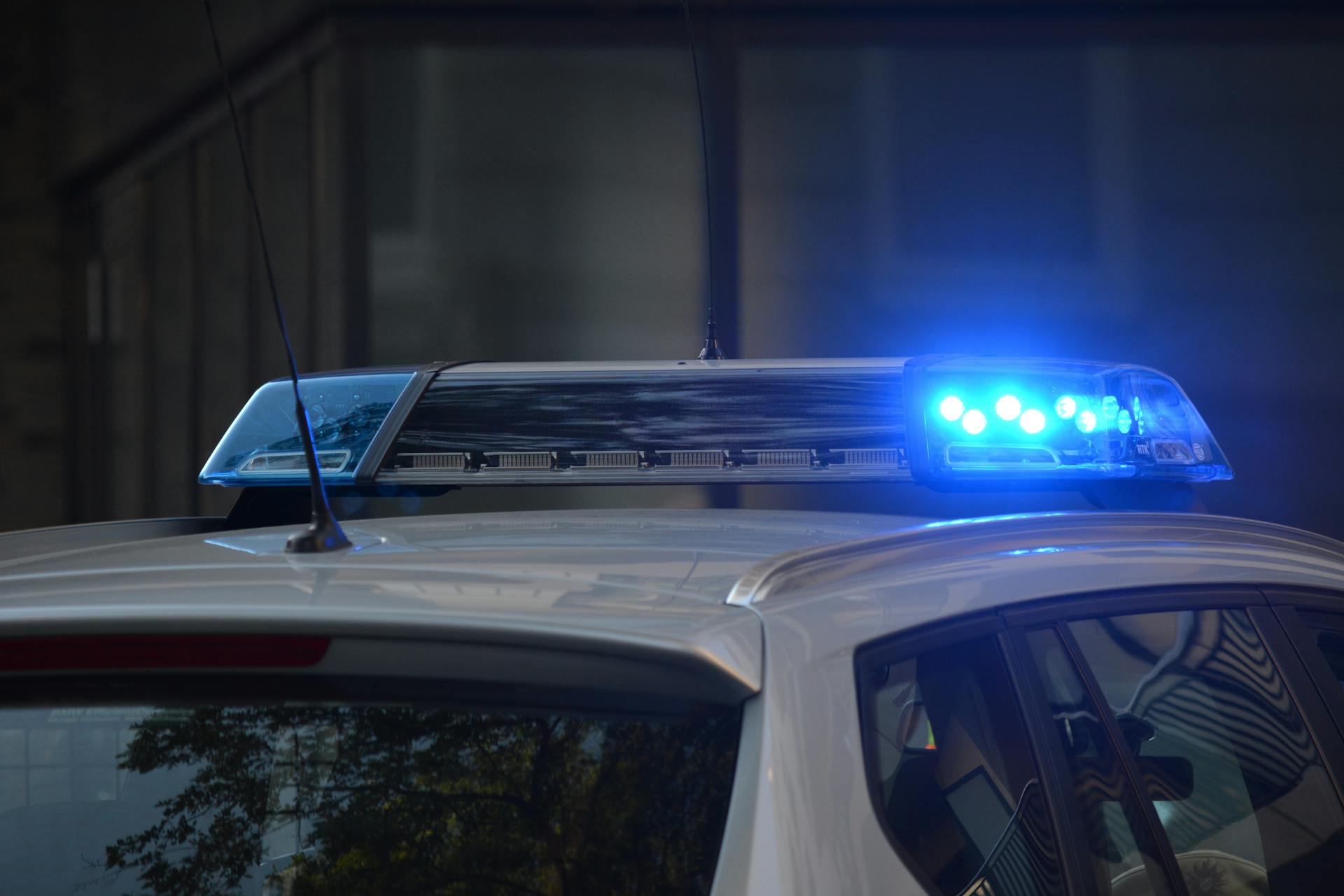So, you had a few drinks, got pulled over, and got arrested for DWI in Texas. Now what? When you get arrested for DWI, typically there are a series of steps that follow, starting with an arrest and potentially ending in court.
The Arrest and Booking
When you get pulled over and you fail a breathalyzer or field sobriety test, you will be taken into custody. This eventually leads to a local jail or police station, where all your details are recorded and you may be required to stay until you are bailed out.
Administrative License Suspension (ALS)
Your license may automatically be suspended. However, this is an administrative penalty from the Texas Department of Public Safety (DPS) and is separate from criminal charges. If you refused the breath or blood test, your license could be suspended for up to 180 days for a first offense. If you fail the test, the suspension could be 90 days.
Arraignment
Within a few days of the arrest and booking, you will attend an arraignment so you are formally charged. Here you can enter a plea (guilty, not guilty, or no contest). This is also your chance to secure legal representation if you haven’t already – which is highly recommended.
Hearing and Trial
In case you plead not guilty, your case will proceed to court. In court, you can challenge the evidence, for instance, the accuracy of the breathalyzer test or even the legality of the traffic stop.
License Reinstatement
You may request a hearing to appeal or explore options for reinstating your license or acquiring an occupational license that allows you to drive for work, school, or essential tasks. You have only 15 days from the arrest date to request a hearing to prevent automatic suspension.
Penalties for a First DWI in Texas
DWIs in Texas are taken very seriously, and the penalties for a first-time DWI can vary depending on blood alcohol concentration (BAC), if any injuries were caused, or if there was a passenger in the vehicle who was a minor.
Here is a quick look at potential penalties you might be facing:
Fines and Fees
For the first DWI offense, the fines are up to $2,000. The first DWI is treated as a Class B misdemeanor in Texas. However, it depends on your BAC as well. If your BAC was over 0.15%, the fine could be much higher.
Jail Time
As mentioned, first-time DWIs in Texas are treated as Class B misdemeanors – and these carry a minimum of 3 and a maximum of 180 days in jail. However, this jail time can be avoided or reduced if you compete in a diversion program or probation.
License Suspension
Another potential penalty is license suspension after your first DWI arrest. This license suspension is besides the administrative license suspension, and a court may further impose a license suspension that can last between 90 days to 1 year.
Community Service
Community service is another alternative penalty that a court may order. After your first DWI offense, you may have to do 24 to 100 hours of community service. Though not guaranteed, you may avoid jail time or reduce penalties. However, offenders can still be subject to additional fees.
Alcohol Education and Treatment Programs
The court can order you to an educational and/or treatment program after your first DWI. To ensure that you understand the risks of driving under influence or while intoxicated, you may be required to enroll in programs like A Better Choice Education Program.
Probation
In some cases after your first DWI, you may be eligible for probation which can last between 6 months to 2 years. This comes with conditions like monthly meetings with a probation officer, random testing, requiring permissions before leaving the country, and attending treatment.
So, now that you know the potential penalties, how do you handle your first DWI?
Handling Your First DWI Charge in Texas
Let’s replay the situation – you were pulled over, you were driving while intoxicated and then booked. What do you from here? How do you handle a situation that can go either way? Here is every step you can and should take.
Hire a DWI Defense Attorney
First and foremost, and possibly one of the most important steps, hire a defense attorney. An experienced DWI defense attorney can help you navigate your case, negotiate consequences, and possibly reduce your penalties. In some cases like my own, I am a DWI defense attorney and I am also certified in field sobriety test administration which gives me knowledge and insights into police tactics.
This essentially helps you know if any of the evidence against is compromised.
Understand the Evidence Against You
If the police officer did not follow the proper procedure or the breathalyzer or field sobriety test was not accurate, you would likely need to understand that quickly, or have an attorney who can work with you.
Request Administrative License Revocation (ALR) Hearing
Administrative license revocation (ALR) is the process in which the Texas Department of Public Safety suspends the driver’s license of a motorist. The department may revoke your license for:
- Refusing a blood test or breath test
- Having a blood alcohol content (BAC) over the legal limit of .08
- Having a BAC over the legal limit of .04 if you drive a commercial vehicle
If you think your license is at risk of suspension, you must request an administrative license revocation hearing within 15 days of your arrest. This is your opportunity to contest the license suspension, however, this is separate from a criminal trial.
Complete Required Programs
In case the court orders you to attend an alcohol education program, be sure to complete it. If you fail to complete the requirements, the court may impose additional penalties and it may not appear well either.
Consider an Occupational License
If your license was suspended, you must inquire and figure out if you are eligible for an occupational license. An occupational license is a restricted driver’s license that only allows you to commute for essentials like work and school.
Plan Court Appearances
It is not uncommon for people to miss their court dates – you might have forgotten or not planned properly around your schedule. DWI cases often have several court dates and it is important to dress appropriately and be punctual.
Possible Defenses for a DWI Charge in Texas
When defending your DWI charge, you can use a variety of tactics. However, be mindful, that it is important to consult with an attorney to ensure that these are the right defenses. If you do have an attorney, they will be the best to determine which defense would be the best one.
Here are some common defenses your attorney may use:
Questioning the Stop
If the officer did not have reasonable grounds to stop you, any evidence collected and submitted will be inadmissible. The officer must have reasonable suspicion to stop you.
Challenging the Test
Another possible defense when facing a DWI charge in Texas is to challenge the field sobriety test or the accuracy of the breathalyzer. However, again, to do this right, it is best to have an experienced defense attorney who is aware of the challenges of field sobriety tests.
Police Procedure
When and if during the arrest, you feel the police did not follow the correct procedure, and you have evidence to prove that, it can be used as a defense in your DWI charge. This can potentially lead to reducing the sentence and having the charges dropped altogether as well.
Final Thoughts: What to Do After a First DWI Offense in Texas
It is needless to say that your first DWI charge in Texas should be a wake-up call, however, simultaneously, it doesn’t have to ruin your future. Despite facing a DWI charge, it is important to know the legal process, the facts and timeline about the charge, and the evidence presented against you.
Even though it is your first DWI charge, it can and must not be taken lightly. One of the best ways to navigate through your DWI charge is by hiring an experienced defense attorney.
Attorney Grant Frankfurt
Attorney Grant Frankfurt is a highly experienced criminal defense lawyer based in Dallas, Texas. For over a decade, Grant Frankfurt has helped individuals navigate the criminal justice system while minimizing the effects of charges. Schedule a consultation today online or call me at (214) 775-5050.


